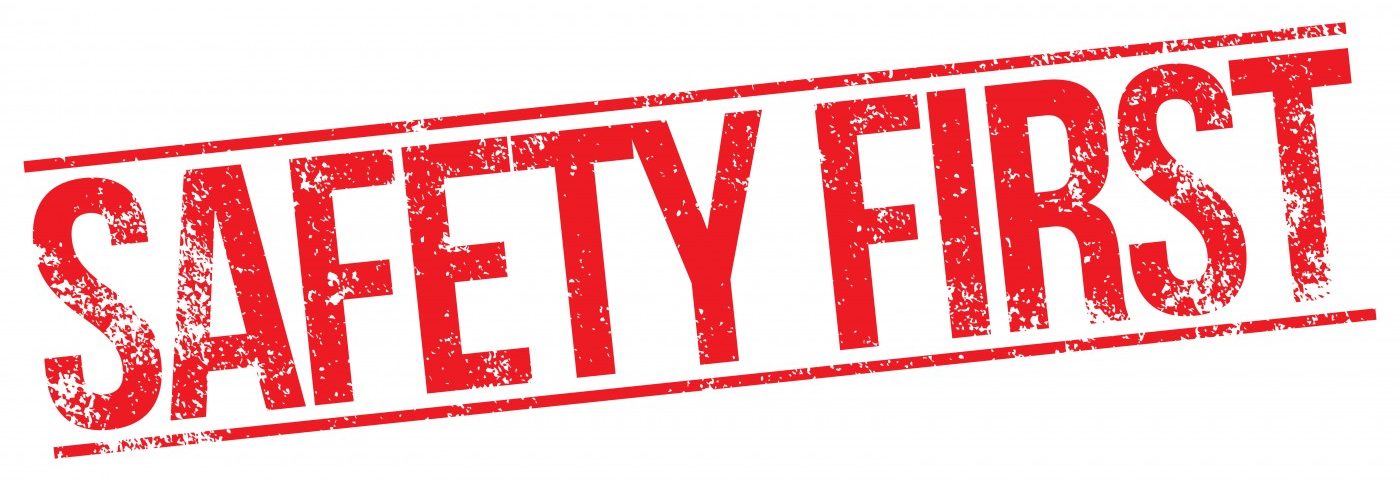When Safety Is a State of Mind and Not a Set of Circumstances

Today, I received a phone call from my dad. He wanted to talk to me about safekeeping some of his finances, as he had been planning to travel to our hometown to sort out some property-related matters. Since my mom passed away in June, he has been focused on getting my mom’s residual assets in order (and settling her liabilities as well). Since my dad will be away for at least a month, he is worried that his money will not be safe in his personal bank account — so he’s insisting that I deposit his cash in a passbook-based account. However, I do not have a passbook account. My only bank account is ATM-based.
Historically speaking, I’ve never had any problems with my ATM-based bank account. My dad, on the other hand, believes that ATM-based accounts may be unsafe. For one, ATM cards can easily get stolen. He also believes ATM networks are easily hacked.
I don’t blame him for his perception of the more “modern” convenience that is ATM banking. After all, he has seen a lot of news reports about ATM phishing schemes and hackers. Right now, he is concerned about the safety of his money. (And yes, experts in finance do agree that passbook accounts are safer for larger sums of money.)
Safety was a big deal when I was growing up. I am an only child and my parents were protective of me. I wasn’t allowed to do many things, such as hanging out at malls with my friends, until much later than most of my peers. I sometimes complained about this lack of freedom. I made up for it later by doing a lot of exploring around the metro (and some nearby provinces). My parents weren’t the only ones who maintained such rules, though. Other parents were reluctant to risk letting their child get into situations they believed to be dangerous, because they knew that if something bad were to happen, it would be their responsibility.
My folks also encouraged me to stay “safe” in other aspects of life — including relationships. They advised me to choose someone “financially sound.” They meant someone responsible with money and who had no vices or health conditions. And they wanted me to put off dating until after college so my future would be more “secure.”
Now that I am married and I’m about to become a parent myself, I am beginning to understand that parents mostly mean well. They want to offer guidelines and warnings, but not necessarily directives for their kids to follow.
Despite heeding my parents’ warnings, life still managed to take me in a different direction than the one they’d planned for me. I met the man who would become my husband right in the middle of college. In later conversations, we would talk about how the timing worked quite well for our relationship, because in college, you have lots of free time and there’s no pressing need to sacrifice your social life to succeed in a career.
My husband also happens to have hemophilia and epilepsy — two rather costly conditions. He is fortunate to come from a family that can afford the cost of his treatment — but I do not wish to depend on them for the rest of our lives, especially now that we are having a child. We are about to become a family unit, and I see this as a driving force for us to become totally independent.
Do I feel safe with my husband? Of course, I do. I know he has limitations. For instance, if I were attacked, I wouldn’t want him to retaliate physically and risk getting injured. But he certainly would want to protect me — and simply knowing that is enough. I know he’d find other ways of defending me. And it’s not just me who needs protecting. As partners, we know we are both responsible for each other’s safety.
The word “safety” has gained a different dimension of meaning to me now. Sometimes, it’s not a matter of being in certain circumstances — it’s about how you perceive these circumstances, and how you respond to them.
Disclaimer: I maintain that some activities and circumstances are objectively unsafe, especially with a health condition like hemophilia. For example, getting into a street fight is to be avoided. The risk of injury is too high. Just don’t.
***
Note: Hemophilia News Today is strictly a news and information website about the disease. It does not provide medical advice, diagnosis, or treatment. This content is not intended to be a substitute for professional medical advice, diagnosis, or treatment. Always seek the advice of your physician or another qualified health provider with any questions you may have regarding a medical condition. Never disregard professional medical advice or delay in seeking it because of something you have read on this website. The opinions expressed in this column are not those of Hemophilia News Today or its parent company, Bionews Services, and are intended to spark discussion about issues pertaining to hemophilia.







Leave a comment
Fill in the required fields to post. Your email address will not be published.